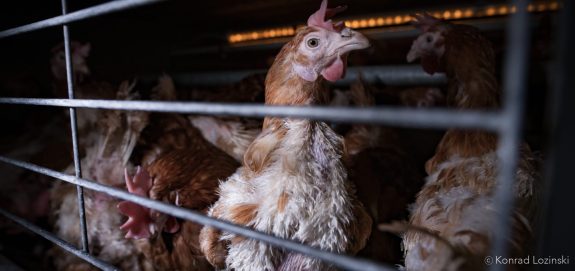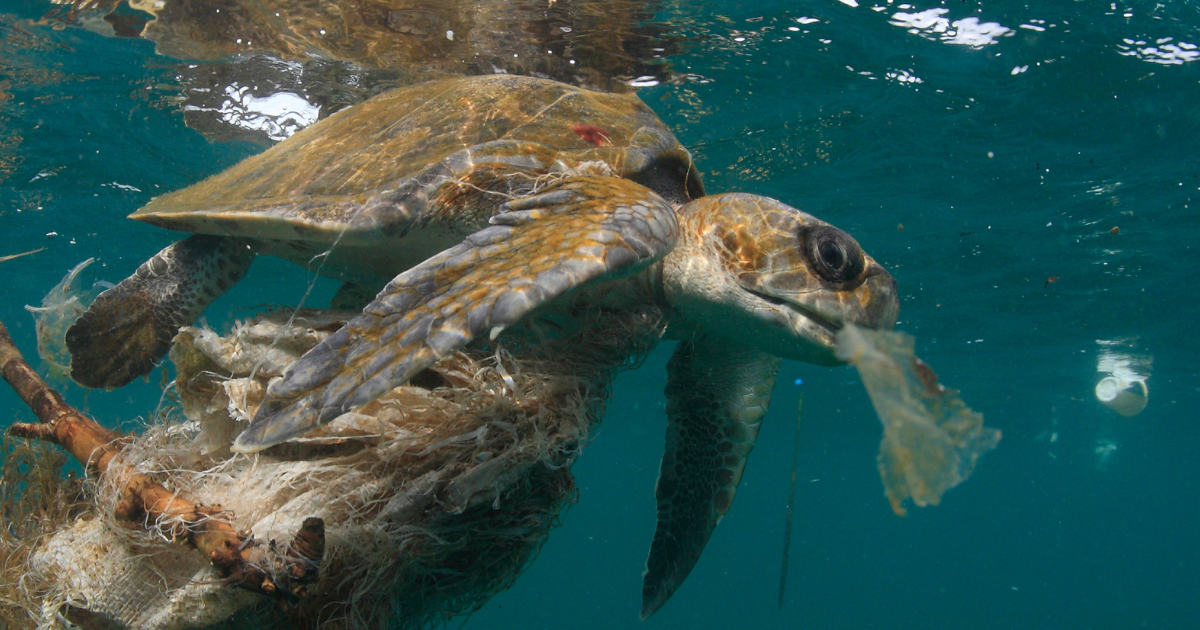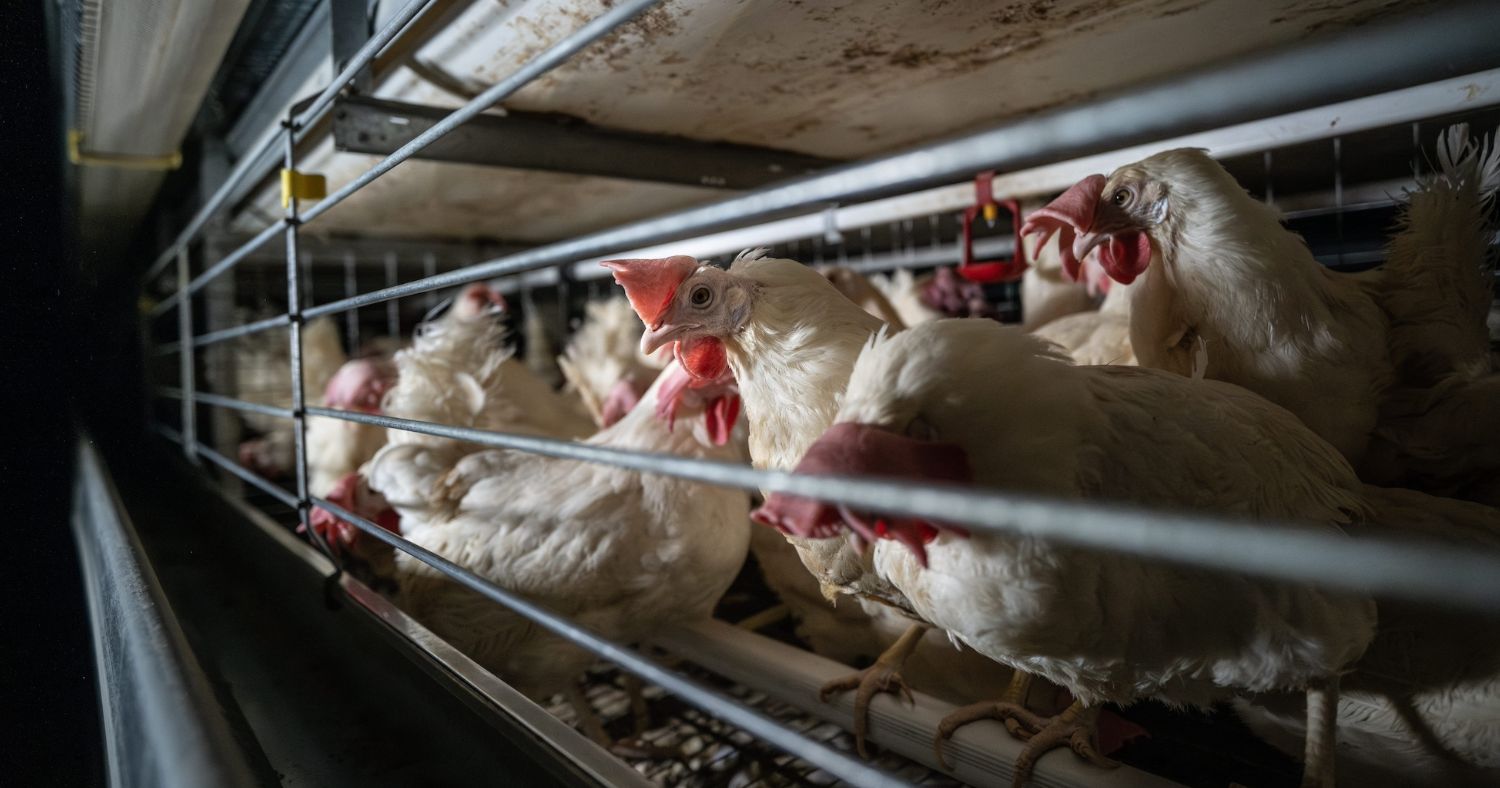Please note that the consultation period is now closed.
The Manitoba government is consulting the public on potential “ag gag” (agricultural gag) laws in Manitoba, and now is the time to have your say to block these dangerous proposals.
The public consultation asks for input on four legislative initiatives to combat rural crime. While some of the proposals seem fairly benign—stopping metal theft and preventing ATV drivers from carelessly damaging crops, for instance—one of the proposals could be extremely dangerous for farmed animals. Manitoba is considering an ag gag-style law to restrict protests near trucks transporting animals to slaughter, and make it more difficult to uncover cruelty inside farms and slaughterhouses.
Like the rest of Canada, there are no laws setting out animal welfare standards on Manitoba farms, and no proactive government inspections to inspect farms for animal abuse. That’s why Animal Justice and other animal protection groups are urging the Manitoba government to protect animals, workers, and public health by increasing transparency and oversight in our food system, not making it even harder to expose animal abuse, workplace safety violations, and threats to public health.
The threat of ag gag in Manitoba
Manitoba wants to restrict access to areas that would be designated “animal protection zones”. The Orwellian term would refer to slaughterhouses, transport trucks, and farms.
Consistent with industry and government talking points in other provinces, the Manitoba meat industry says the proposal is to prevent animal activists from trespassing on farms. The problem is, there do not appear to have been any instances where activists have trespassed on Manitoba farms. Even if there were cases, trespassing is already against the law.
So what’s the real reason for the proposed legislative amendments?
Unfortunately, it appears Manitoba is considering following the lead of Ontario and Alberta, which have recently passed Canada’s first ag gag laws, designed to keep animal abuse hidden by preventing employee whistleblowers and investigative journalists from documenting and exposing the conditions inside farms and slaughterhouses. Ontario and Alberta have done this by making it an offence to enter a farm or slaughterhouse under “false pretenses”, which would make it illegal for a job applicant not to disclose that they are affiliated with an animal protection group or that they intend to document and expose any animal abuse or unlawful activity witnessed on the job. This would make undercover investigations illegal.
Employee whistleblower exposés are one of the only means by which to document and expose animal abuse at factory farms, and have led to charges and convictions for animal cruelty at facilities across the country. In Manitoba, a whistleblower exposé uncovered horrific suffering at Puratone Corp. farm near Arborg, including thousands of pregnant pigs confined in tiny gestation crates so small they could not even turn around, pigs bleeding from large untreated wounds, and workers castrating piglets without anaesthetic.
Also like Ontario and Alberta, Manitoba is considering restricting the rights of people who protest near trucks transporting animals to slaughter to raise awareness about animal suffering and to document violations of transport laws. Individuals protesting outside of slaughterhouses regularly document egregious animal suffering, including feather bare birds exposed to freezing rain at the Exceldor slaughterhouse near Steinbach.
By restricting Charter-protected rights to freedom of expression and freedom of assembly, a Manitoba ag gag law would also likely be unconstitutional. In Ontario, 43 legal experts from across the country warned the government that its ag gag law is unconstitutional, and would cut off an important source of public information about the treatment of farmed animals and food safety.
Alberta’s recent law restricting rights to protest on public property is already the subject of a constitutional challenge. When Ontario’s ag gag law comes into effect, Animal Justice lawyers intend to challenge it as well on the basis that it restricts rights to freedom of expression and peaceful assembly as guaranteed under the Canadian Charter of Rights and Freedoms. American ag gag laws have repeatedly been struck down by the courts as unconstitutional infringements of the right to free speech.
Take action now to stop the spread of ag gag
The public has until October 31, 2020 to comment on proposed amendments to The Animal Diseases Act—a fitting deadline, since nothing is scarier than the thought of ag gag laws spreading to yet another Canadian province.
Please take a moment to fill out the government’s online survey. When you get to Section C, tell the government that you strongly oppose amending The Animal Diseases Act. These proposed amendments would make it even more difficult to document and expose abuse at farms and slaughterhouses, as well as animal suffering inside transport trucks.
Alternatively, you can send a letter to your MLA using the button below, as well as the Ministers of Justice and Agriculture, and the Premier, letting them know that there is no place in Manitoba for American-style ag gag laws.
Join the Animal Justice mailing list





